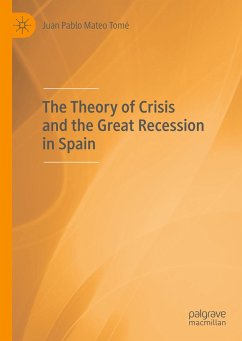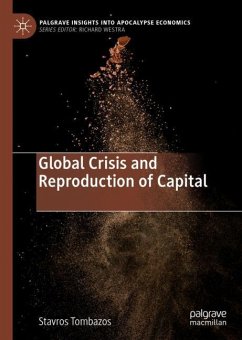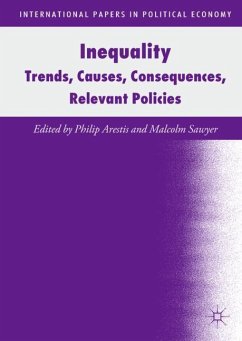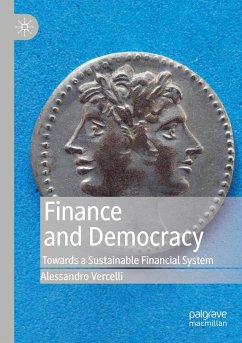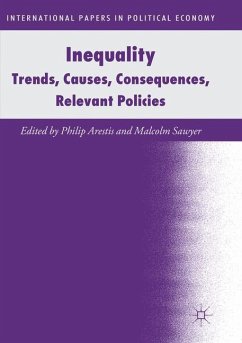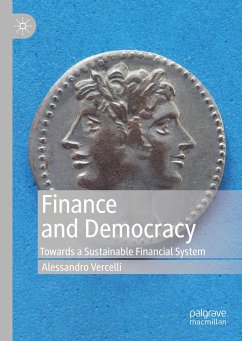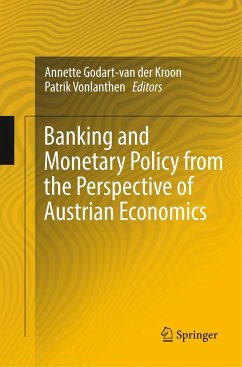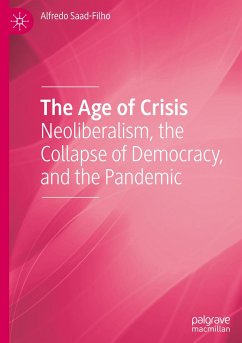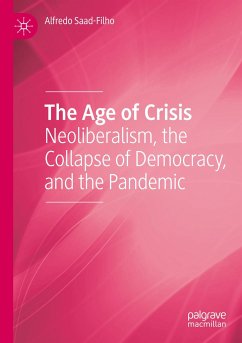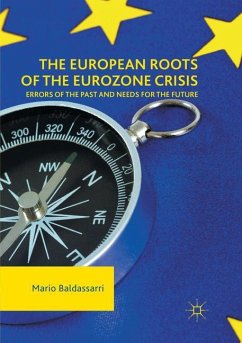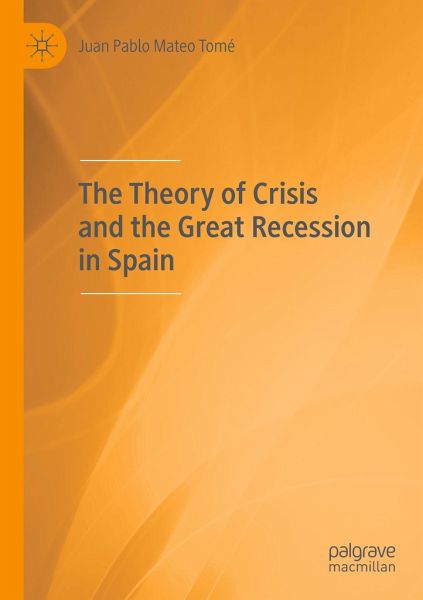
The Theory of Crisis and the Great Recession in Spain
Versandkostenfrei!
Versandfertig in 6-10 Tagen
83,99 €
inkl. MwSt.
Weitere Ausgaben:

PAYBACK Punkte
42 °P sammeln!
This book has a dual purpose. First, it analyses the concept of economic crises within economic theory, showing the various theoretical foundations and controversies amongst different schools of economic thought. Second, it presents an empirical analysis of the Great Recession in Spain, addressing the growth period of 1995 to 2007-08, the subsequent depression until 2013-14 and the recovery that followed. It also shows the way in which the inner contradictions of capital manifests itself in an European peripheral economy under a real estate bubble, emphasizing the role of the Spanish economy i...
This book has a dual purpose. First, it analyses the concept of economic crises within economic theory, showing the various theoretical foundations and controversies amongst different schools of economic thought. Second, it presents an empirical analysis of the Great Recession in Spain, addressing the growth period of 1995 to 2007-08, the subsequent depression until 2013-14 and the recovery that followed. It also shows the way in which the inner contradictions of capital manifests itself in an European peripheral economy under a real estate bubble, emphasizing the role of the Spanish economy in European capitalism.
This theoretical and empirical heterodox approach will be of interest to students and scholars in political economy, and those with an interest in the Eurozone.
This theoretical and empirical heterodox approach will be of interest to students and scholars in political economy, and those with an interest in the Eurozone.





